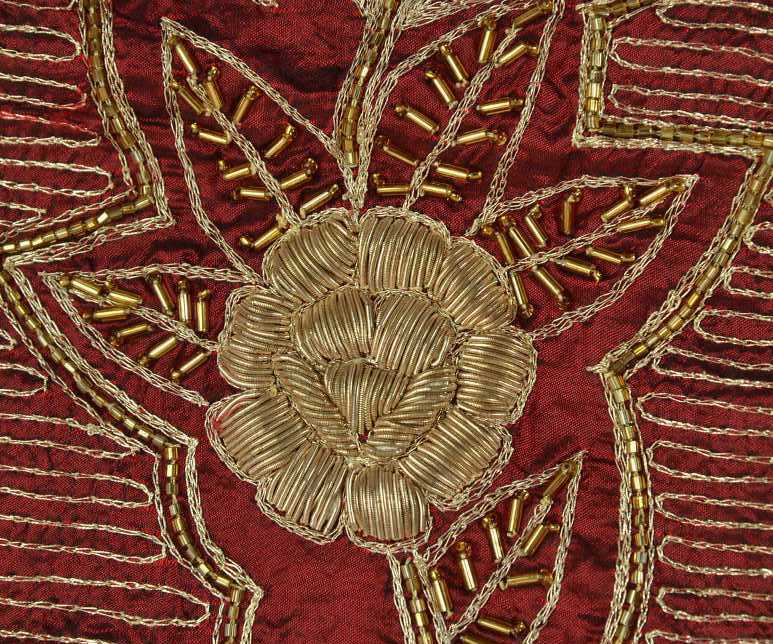===
0817,
4
===

=== |
 |
nā-sāzī : 'Discordance; dissension; —adverseness; opposition, contradiction; —indisposition; —ill-behaviour; —dissimulation'. (Platts p.1110)
ḳhushūnat : 'Roughness, harshness, asperity, severity; rigidness, austereness, austerity; animosity; fierceness; indignation; disdain'. (Platts p.490)
bālīdah : 'Grown, increased; grown up'. (Platts p.125)
kīkar : 'The tree Acacia (or Mimosa) arabica (syn. babūl )'. (Platts p.889)
babūl : 'The gum-acacia tree, Mimosa arabica (the wood of which is commonly used in making cart-wheels, agricultural implements, tent-pegs, &c.; and the bark, being a powerful astringent, is used in tanning: syn. kīkar , muġhīlān ): — babūl ke peṛ bonā , lit. 'To plant a babul tree'; to do something conducive to harm or to a bad end'. (Platts p.130)
FWP:
SETS == IDIOMS; MUSHAIRAH; WORDPLAY
MOTIFS
NAMES
TERMSThe babul or gum acacia tree is thorny; it has tough wood, and bark with strong astringent properties. It's also used in incense: 'Smoke from Acacia bark is thought to keep demons and ghosts away' (wikipedia). In general, it's easy to see how it might become a symbol of harshness and abrasiveness.
And in particular, Platts gives an idiom that seems to offer the real key to the verse's wordplay: babūl ke peṛ bonā , 'to sow babul trees', meaning 'to do something conducive to harm or to a bad end' (see the definition above). Without using a single word from the actual idiom, the speaker nevertheless clearly evokes it.
Of course a generalized meaning emerges from the verse: that discord and harshness thrive in the forest, but never in cities. But what a weird meaning! Mir certainly knew, as we all know, that cities too are full of discord and harshness of all kinds. Why would he even bother to compose a verse so obviously false and so pedantically prosy, if he weren't counting on us to recognize, and then savor, the concealed idiom? (After all, we savor it so much largely because we pride ourselves on our own enjoyable cleverness in detecting it.) And he presents the idiom right at the end of the verse, just where the 'punch-word' (or 'punch-phrase') comes in what I call a 'mushairah verse'.
Invoking the concealed idiom doesn't suffice to make the verse really excellent, but it does lift it a few steps above mediocrity. It explains the peculiar first line (since 'thorny' babul trees can thrive only in wastelands, rather than cities), and the even more bizarre second line (since the proverb invokes an actual thorny babul tree, which would never be allowed to grow in a city). I think SRF included the verse for its oddness and even virtual uniqueness, rather than any genuine brilliance.
Note for grammar fans: This is a really conspicuous case of an omitted ne . It's flagrant because the dekhā is so clearly governed by the omitted ne . (In other words, we can't make it be a participle.) If Mir had only omitted the ham as well, to our eyes it would have looked much more normal.